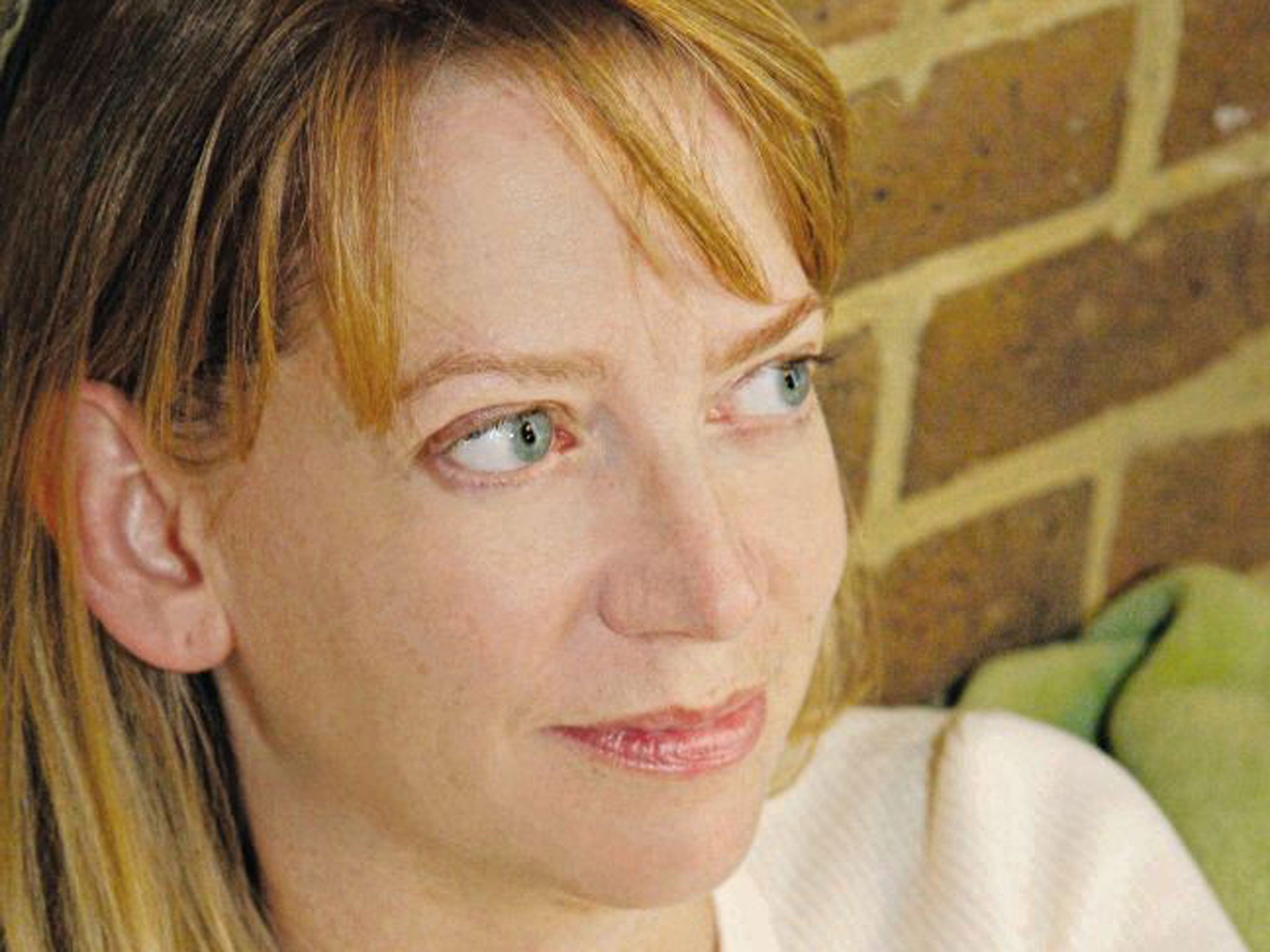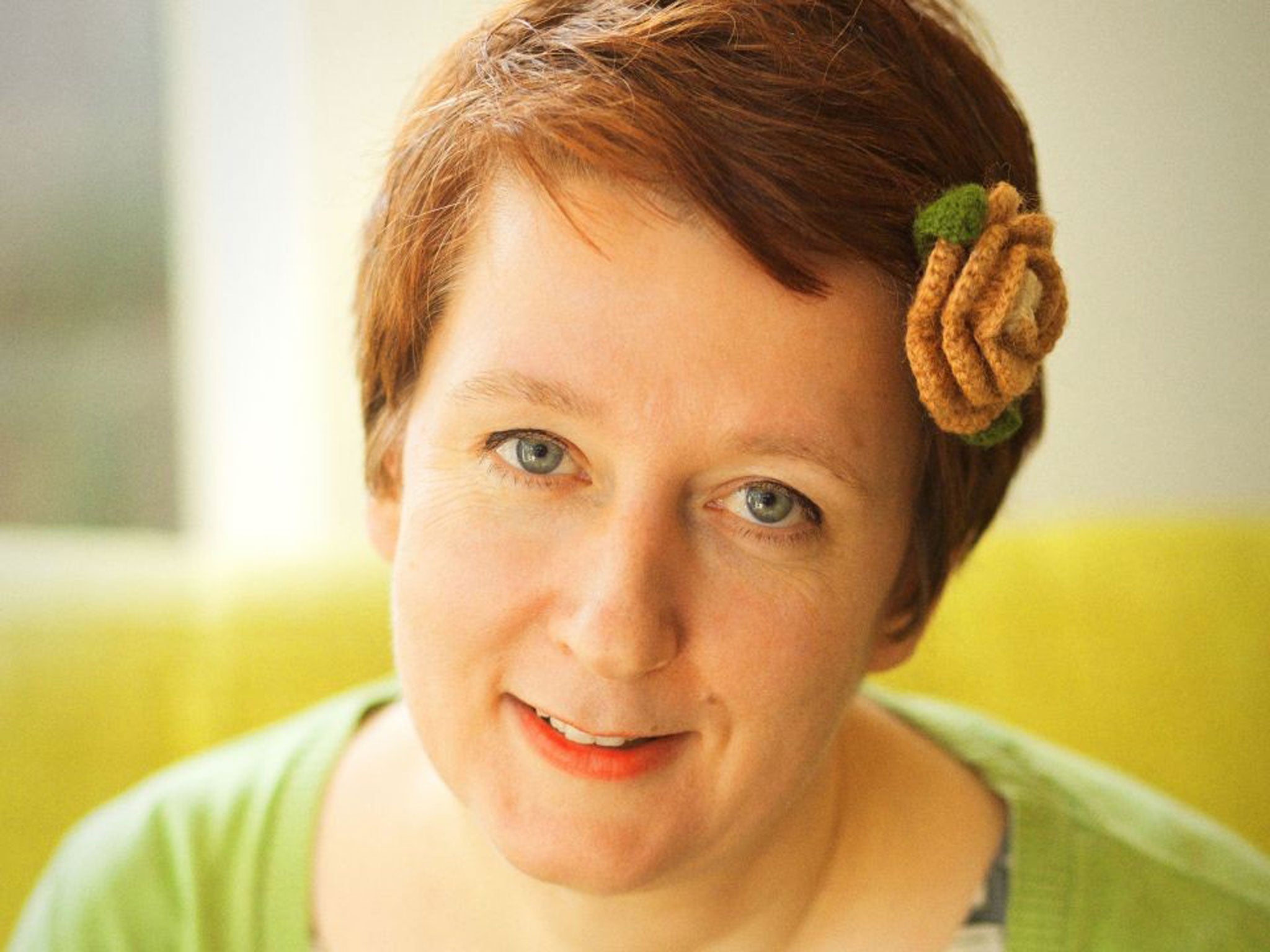Your support helps us to tell the story
From reproductive rights to climate change to Big Tech, The Independent is on the ground when the story is developing. Whether it's investigating the financials of Elon Musk's pro-Trump PAC or producing our latest documentary, 'The A Word', which shines a light on the American women fighting for reproductive rights, we know how important it is to parse out the facts from the messaging.
At such a critical moment in US history, we need reporters on the ground. Your donation allows us to keep sending journalists to speak to both sides of the story.
The Independent is trusted by Americans across the entire political spectrum. And unlike many other quality news outlets, we choose not to lock Americans out of our reporting and analysis with paywalls. We believe quality journalism should be available to everyone, paid for by those who can afford it.
Your support makes all the difference.Peggy, the teenage narrator of Claire Fuller's Our Endless Numbered Days (Fig Tree, £14.99), is reflecting on the traumatic events which changed her life almost a decade ago. Her north London family are unusual – her concert pianist mother is preoccupied with rehearsals and her father is convinced that a Russian nuclear attack is imminent – so straightaway I was intrigued to find out where this novel was heading.
Things intensify when Peggy's father takes her on a surreal journey across Europe, deep into a German forest, to camp in "die Hütte". They eat squirrels, drink pine needle tea and Peggy's father convinces her that they're the last people on Earth: "On the other side there is only emptiness, an awful place that has eaten everything except our own little kingdom." Fuller evokes the natural world's beauty and brutality as her characters endure nine torrid years in the forest and the novel reaches a sinister conclusion.
The first page of Katherine Heiny's story collection, Single, Carefree, Mellow (Fourth Estate, £12.99) inspires a different kind of dread: "Well, what would you do if your married lover's wife asked you?" Here we go, I thought, 11 stories about the sex lives of well-off Manhattanites. Drinks and blowjobs do indeed abound but the opening story's surface sassiness gives way to an intimate tone which captures the conspiratorial rapport of young friends. The title story, about a twenty-something couple and their ailing canine, made me cry, even though I dislike dogs. Heiny doesn't write exclusively about the young and, in later stories, the sense is of the world getting smaller, loss encroaching on the previously carefree lives of middle-aged adulterers. Lorrie Moore's influence is palpable, and some of Heiny's riffs sound derivative, but these enjoyable stories mark the arrival of an accomplished voice.

Blood and Zionism flow through Israeli writer Ayelet Gundar-Goshen's One Night, Markovitch (translated from Hebrew by Sondra Silverston, Pushkin Press, £10), a lively meditation on love and nationhood. The novel, which begins in British-controlled Palestine on the eve of World War Two, features heartbreak, suicide and the deaths of children, but Gundar-Goshen's prose conveys the "sweet sound" of laughter and compassion. When Yaacov Markovitch travels with a group of men to Europe to rescue imperilled Jewish women, he's thrown into an arranged marriage with the beautiful Bella who longs to escape him. Meanwhile, Rachel is haunted by her memory of an elderly Jewish man being murdered in the street in Vienna ("the sickening sound of the cracking skull"). Although it's set in the past, this novel tackles some of the controversial subjects of our time and demonstrates that comedy is a powerful means of exploring serious themes.
The stories in Andrew Fox's Over Our Heads (Penguin, £12.99) take place in the author's native Ireland and in New York where he now lives. Moving from teenage angst to the brink of adulthood, their titles ("Manhood," "Stag", "A Man Should Be Able To Do Things") reflect Fox's interest in masculinity and he proves to be an astute chronicler of the uncertainty involved in being young and male.
Fox's writing is by turns affected ("Goofy on Valium for a lumbar sprain, I hobbled the streets of Midtown…") and truthful: "Whenever I was lonely, the faces of New York crowds had a way of throwing up people from home…" His use of Irish vernacular occasionally feels forced but he's at his best when his prose relaxes, as in the poignant, "Are You Still There". Best of all, some stories resonate in ways which leave me thinking: "Yes, I too have felt that.

Join our commenting forum
Join thought-provoking conversations, follow other Independent readers and see their replies
Comments